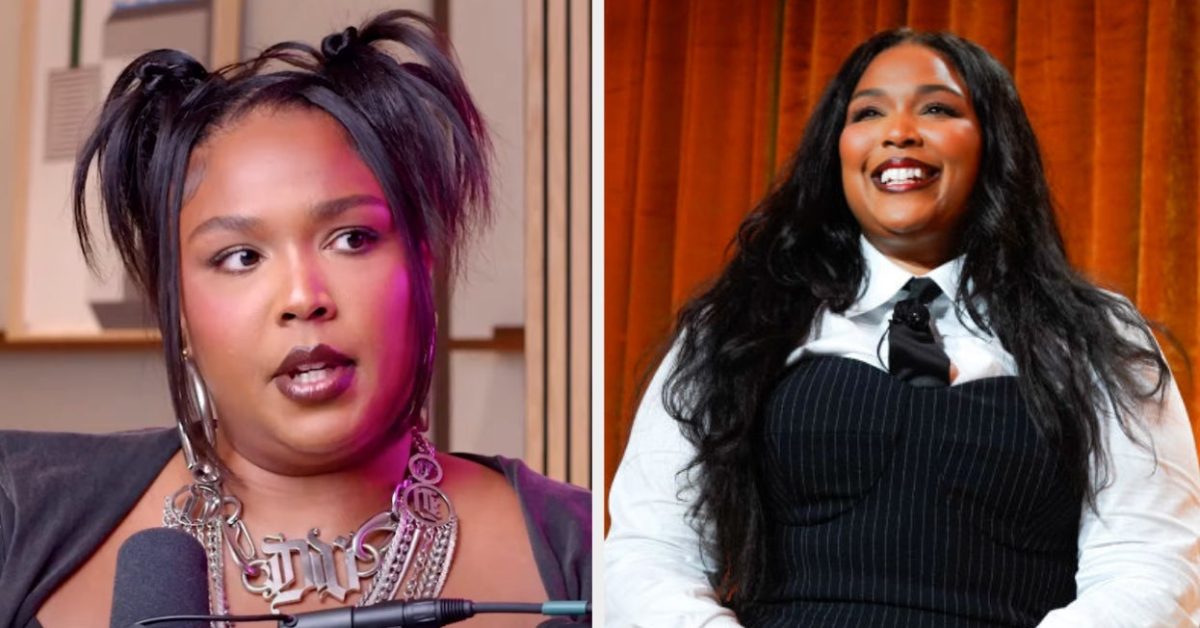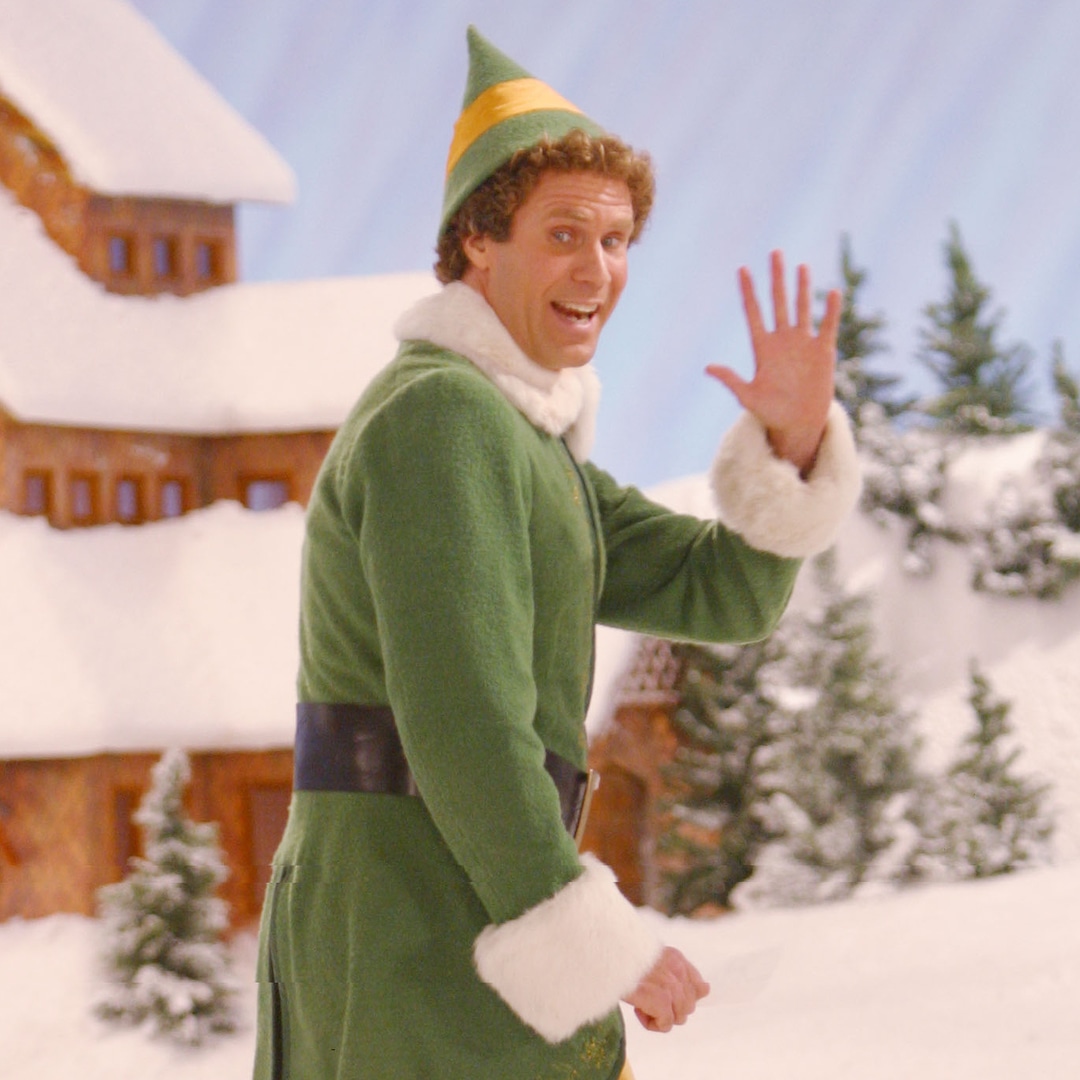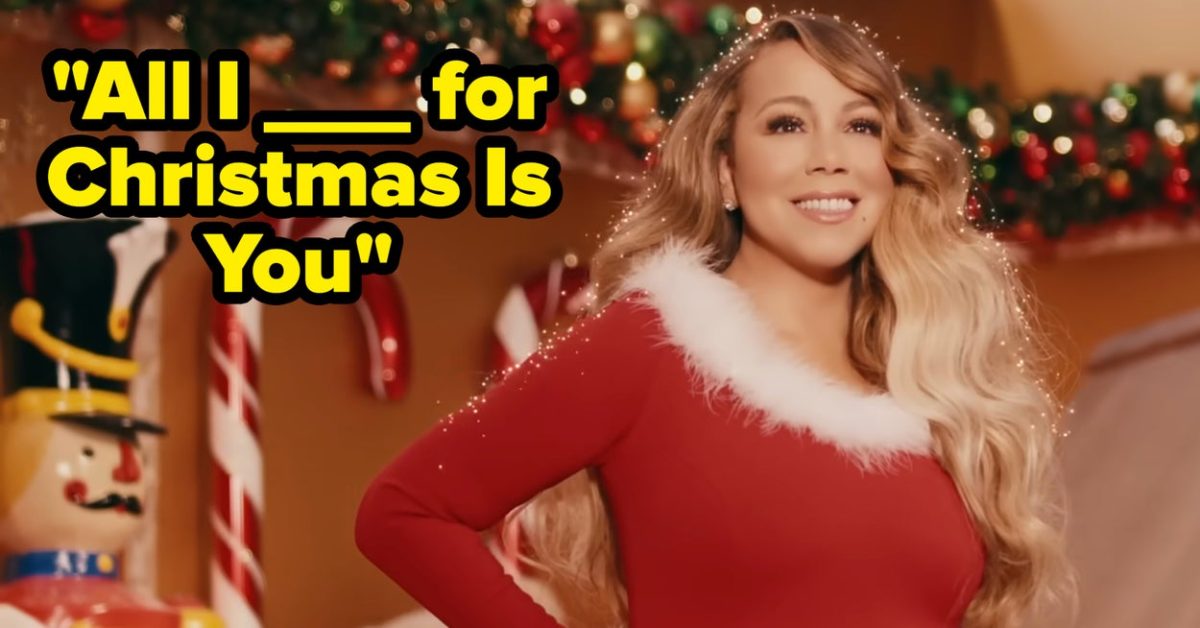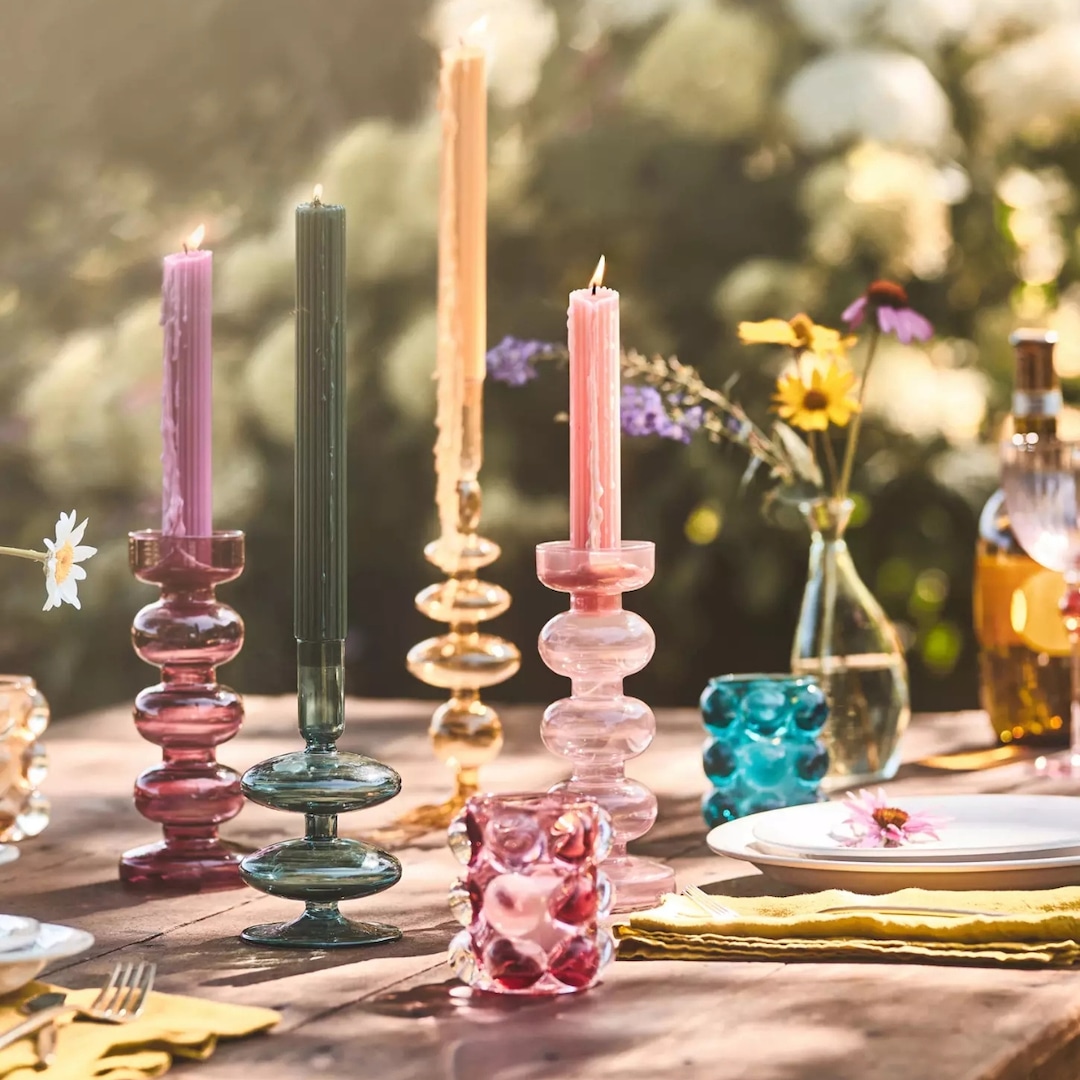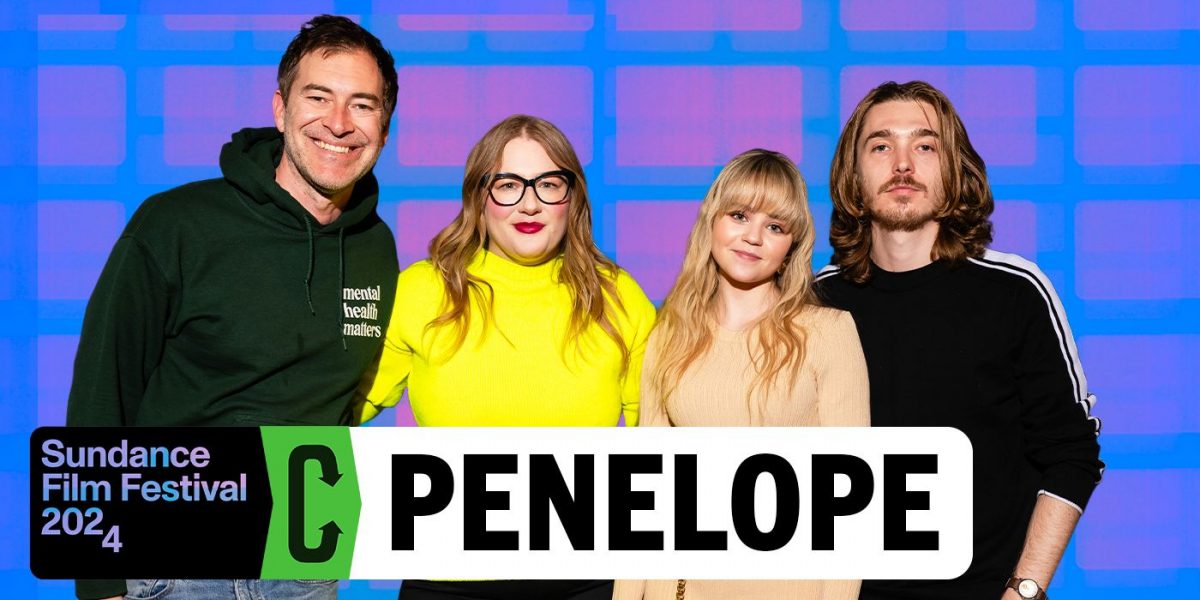
No One Wanted to Finance ‘Penelope’ in the Time of ‘Euphoria’
Feb 6, 2024
The Big Picture
Collider’s Perri Nemiroff sits down with the team behind Penelope at the 2024 Sundance Film Festival. Mark Duplass, Mel Eslyn, Megan Stott and Austin Abrams discuss their experience making the indie television series. The show’s title character is a 16-year-old who’s feeling out of place in modern society so opts to build a new life for herself in the unknown wilderness.
Mark Duplass, Mel Eslyn, and the team over the Duplass Brothers Productions have been leading voices in the independent filmmaking space for years now. But, Penelope marks a big first for the team. It’s their very first independently produced television show, a venture Duplass dubbed, “the biggest financial and creative risk that our company has taken so far.”
Little Fires Everywhere star Megan Stott headlines Penelope as the title character, a 16-year-old who feels out of place in the modern world. With no plan in place, Penelope opts to leave her family behind to head into the wilderness. While she begins her journey with no supplies or skills, by necessity, Penelope acquires survivalist abilities that merge with a coming of age evolution that help Penelope build a different kind of life for herself.
While in Park City celebrating Penelope’s world premiere at the 2024 Sundance Film Festival, Duplass, Eslyn, Stott, and Austin Abrams visited the Collider interview studio presented by Film.io to discuss their experience making an independent television show. Check out the video above or the interview transcript below to learn all about the genesis of the idea, the song Abrams created and performed in the show, the lessons learned from the survival course Eslyn took, why Stott found the role of Penelope especially liberating, and loads more!
Penelope A sixteen-year-old who feels alienated from contemporary civilization is pulled into the uncharted wilderness and starts to build a new life for herself there. Release Date January 24, 2024 Creator Mel Eslyn Main Genre Drama Seasons 1
PERRI NEMIROFF: Mark, a big, broad question for you to start. I love how you champion independent filmmaking. What is something that you have always done since the very beginning to support indie storytelling, but then can you also tell me something new you started doing recently to readjust to how the industry has reshaped itself?
MARK DUPLASS: What I always did from the beginning was focus on myself, selfishly, and how to get my art out there, because that’s usually how it begins. [Laughs] But then you start to realize, if you have a platform and you have something to do, you should probably stop maybe reaching up and begging people to bring you up to their level, and maybe look one level behind you at people who are trying to come up to where you are and grab their hands and take them up. I didn’t figure that out for a little while, but it is something. Mel’s been running our company for a long time, and it’s something that’s become really important to us, and not just in that way that’s like, “We’re so successful, we gotta give back now,” because that’s part of it, but I think the fun part of it is that, by doing that, we get to get rejuvenated by all kinds of stories that we wouldn’t necessarily tell. So when we finance or produce someone’s work who’s coming up, we’re getting their life perspectives, we’re getting their knowledge of a certain area that I’m honestly just not in touch with at all, and we get to collaborate with them and make something completely new. So that’s more what we’re focused on lately.
Penelope Is the “16-Year-Old Female Avatar” of Mark Duplass
Image via Photagonist at the Collider Media Studio
I was reading a little bit about how this project came to be. Mark, I believe you came up with the initial concept. Why then loop Mel in the way you did? What is it about her creative sensibilities that you thought would enhance the core idea that you came up with?
DUPLASS: That’s a good question. I started writing this show during the pandemic, you know, when we had that lovely, quiet, pensive time. I kept thinking, “God, it’s so wonderful to have this space. My life is so busy and noisy and crowded.” This is a show about a 16-year-old girl who absconds to the woods to escape the trappings of her modern life. She doesn’t say anything to anybody, and she doesn’t even really know why she’s going. She’s just trying to connect to something that she feels she has lost. So Penelope is definitely the 16-year-old female avatar of me. That’s really what I wanna do. [Laughs] When I started writing it, I knew that these were themes that were very close to Mel’s heart, and at the same time, Mel has been running our company for so many years, and has really, for lack of a better phrase, taken a backseat in terms of guiding these creative projects, being our producer, being this sort of den mother of them all, but has never taken the wheel as director. And so we started talking about this as, this can be a really great place for her to sort of take this material that I started off, write it together, and then pass it to her to really take home and to direct.
Mel, I’m gonna follow up on that with you now. When you jump into a new role in that respect, what do you assume is going to be the greatest challenge, and then how do you go about tackling that challenge so that you can direct this entire show with authority?
MEL ESLYN: I think it was more written than I’m used to when I direct, and so I think finding a way for Mark and I to collaborate in that way of finding a way for me to kind of imprint my own self on there and figure out how to tell it together was a really cool new experience for this project. I’ve been producing for 15-plus years and you do a lot of directing without really directing. You’re the ghost director on a lot of those, so I had many years to just learn how to do it.
Can you take us through the casting process a little now? I believe I read there was an extensive search for your title character.
ESLYN: Yeah, our casting director, Amey René, really worked close with Mark and I. We did a pretty wide search. I think it was like 400 girls, and then I got 100 passed to me, and just kept boiling it down. But the minute I saw Megan, we knew. And I had heard about Megan a year or two ago from a close friend, Lyn Shelton, who had directed Megan in her first project, Little Fires Everywhere, and was like, “You gotta keep your eye on this girl.” So when Megan’s little video popped up, I was like, “Oh, there she is!”
Megan, I’ll let you talk about your experience in a minute, but Austin, I’m gonna throw this question to you. Having worked with Megan as a scene partner, what is something about working with her as the main character, #1 on the call sheet of a show like this that you are excited for more actors to get to experience when they work with her as a lead in the future?
AUSTIN ABRAMS: She’s very good, she’s very free. She has just a great light to her, which is really special just to have that inside of you. She’s a great scene partner. I don’t know, it was fun. It’s just fun. Just got to kind of be there and forget about anything and just be with her.
‘Penelope’ Was Life-Changing for Its Star
Image via Sundance
Megan, for you now, when you got the role, what is a quality of Penelope’s that you were most looking forward to playing, but then, what’s a quality you found along the way that wound up being more creatively fulfilling to incorporate than you ever could have imagined at the start?
MEGAN STOTT: Originally, when I first read Penelope and I read the script, I was very inspired because it was something that I was used to — sort of an outdoor wilderness type of girl getting to explore nature and getting to forage and do new things. At first, it was something I kind of felt at home with, which is why I was drawn so much when Mel and I started talking with Mark. But then, once I started getting into it, I figured out that she was just as lost as everybody else, and I think that was really important to me because I, obviously, am only 20, but at points in my life I felt a little lost in what I was doing, and being able to explore that with Penelope in a different sense and finding myself a little bit more though Penelope in that experience was very enjoyable, and kind of life-changing in a sense.
I feel like this question’s not gonna have an easy answer. I feel like, in most cases, when a story like this comes up, the character makes the decision to, let’s say, go out into the wilderness with authority. What is it like playing a character confidently when that decision doesn’t have confidence behind it?
STOTT: I think it’s liberating. I think it’s liberating to have a character who knows so much of what she wants to be in life, and although she might not know who she is in the moment, being able to feel those things and be able to do them confidently and be able to explore parts of herself that she never really knew before, it was liberating. I mean, there’s not many other words that reflect how I felt in the moment for that, so liberating was probably the best thing that I have to describe it.
Could the ‘Penelope’ Filmmakers Survive in the Wilderness?
Image via Photagonist at the Collider Media Studio
To lean into the idea of disconnecting and going out into the wilderness, for each of you, what is a skill that you would have out in the wilderness that would serve you well, but then also, what’s a seemingly silly thing that you would never be able to do and would possibly do you in if you went out there?
STOTT: I think something, probably, that I would find important is talking to yourself, because if you’re alone that’s very …
I was thinking, like, build a fire, but that might be the more valuable skill to have.
STOTT: [Laughs] Yeah, to keep yourself entertained, I think, is something that is very useful. Probably something stupid is, I’m not entirely sure. Maybe knowing how to build a tent. I mean, it seems relatively easy. Sometimes it can be a little bit difficult.
I always think about running out of contact solution, or not having enough toothpaste would stress me out.
STOTT: Oh, I don’t think I could survive without contact solution. I wouldn’t be able to see. It would be very disappointing.
I’m glad I’m in good company. Anyone else have some examples? A skill you actually have and then something seemingly silly that would do you in out in the wilderness?
ESLYN: Before production I took a bunch of survival courses, so I feel like I’m cheating a little when I say I know how to build a hut out in the wilderness to live in out of leaves and sticks.
DUPLASS: You were taught, but that’s not a given that you’re gonna be able to do it on your own.
ESLYN: I did do it. No, I did it, Mark. [Laughs]
DUPLASS: I didn’t see pictures.
ESLYN: I’ve always thought I had the best sense of direction, and then in one of the classes they were like, “Walk out into the woods 200 steps and turn around and find your way back.” An hour later a search party is like, “Where is Mel? We gotta find Mel!” So, that didn’t work.
DUPLASS: I can pretty much lay my head down and sleep anywhere, so that’s my superpower, is being able to sleep in the woods. I’m really into backpacking and going out to 12,000 feet and sleeping up there, and it can be tricky, so that’s the thing that I can do that is a little bit of my superpower. Where I get taken down is — so, pooping in the woods. Let’s just get it out in the open here, guys. There was a time in my life where it was fine to just bring some regular toilet paper, and then you pack it out with you because you want to be a good citizen. But, there’s this new thing now, they’re these little rolls and you pour a little dab of water and it turns into, like, a wet wipe. So now I’ve been spoiled with the wet wipes, and if I don’t have my wet wipe when I’m out there, I turn into a raving lunatic.
ESLYN: Use a leaf.
DUPLASS: No, I need to be, like, medevacked out without my wet wipes. It’s just not sustainable.
I can’t believe I didn’t think about that and I went for contact solution and toothpaste. There’s a proper priority order that I missed there.
ABRAMS: I want to expand my knowledge, but right now I would probably pass away pretty quickly. But I don’t want to be like that forever. I eventually want to spend a lot of time out in nature. I spent a lot of time in my car, sleeping in my car, but yeah, I’d like to figure out all the other stuff a little bit.
DUPLASS: You can roll down the windows one night, a little bit, and then you can open the door, and just slowly get yourself …
ABRAMS: [Laughs] Yeah, a little bit out. I can sleep with my feet out or something.
We can work on that right now! Mel, what’s a tip or trick you learned while doing that course that could be a good starter step for someone?
ESLYN: Oh man, the one that I always loved was that you take cotton balls and you dip them in Vaseline, and then you always have a fire starter that’s kept waterproof safe. Just a little tidbit.
DUPLASS: That’s pretty dope.
‘Penelope’ Is Mark Duplass’ Biggest Financial & Creative Risk Yet
Image via Photagonist at the Collider Media Studio
I have to take a moment to incorporate our Film.io question, which I absolutely love because the company is all about putting creative control in the hands of the creators, and I think this industry needs a lot more of that. Whether it’s on this project or something earlier in your careers, can you each pinpoint a time when you didn’t expect to get creative control but someone believed in you and they gave it to you, and a project turned out better off for it?
DUPLASS: I’d say there’s a related story with Penelope, because when Mel and I finished the writing of these scripts we were at a place where we were like, “Okay, this is the most important thing that we have ever made, and we need to get out here and we need to do this right.” We started sharing those scripts with companies who would traditionally finance them, and we realized that they weren’t really prepared to make a slow-paced show about a young adult girl’s growth towards nature. In the time of Euphoria, that’s just not what they were ready to do, and if we were gonna make it when them, we were gonna have to make some pretty significant changes in order to do it. So, we’re no strangers to self-financing films and bringing them to Sundance. We’ve done that for years. But an eight-episode television series is a whole other ordeal. So, it was not so much a case that Mel and I were tapped by someone who believed in us. Mel and I kind of looked at each other and were like, “Are we fucking doing this?”
ESLYN: We believe in ourselves. [Laughs]
DUPLASS: “Are we doing this? Let’s go.” And we took essentially the biggest financial and creative risk that our company has taken so far.
ESLYN: No big deal.
DUPLASS: We’re not nervous. [Laughs]
I keep saying it all day here, this is the manifestation table. You’re gonna get everything you need, the response you need at this festival, and it will soar. I can’t wait to see it.
DUPLASS: I think you’re brilliant. I think you’re right.
Who else has an example of a time when they got creative control when they didn’t expect to get it?
STOTT: I don’t want to sound redundant, but Penelope. I mean, I was given so much creative freedom in how I was responding to things. I was talking to myself, so I was able to respond to myself and the nature around me. Being able to do that and having Mel there to help me push to something greater, I don’t think I’ve ever experienced something like that. She was very helpful and just kind of let me roam free in who Penelope was, and kind of figuring it out as I went, and I couldn’t have asked for something more creative and amazing. It was just fabulous.
DUPLASS: You invented the Penelope dance. It happened out there in the woods.
What is the Penelope dance?
DUPLASS: Well, you’re gonna have to watch the show.
STOTT: You’ll have to watch it!
Can I get a tease?
DUPLASS: Nope!
STOTT: Nope, sorry.
That’s very effective marketing. It’s working on me.
ABRAMS: I actually have an answer, again back to this.
ESLYN: Yeah, you have to talk about Penelope. [Laughs]
ABRAMS: No, it is! It’s actually the first thing that came to my mind. There’s this song that I do in this and, you know, I play and I’ve written some things for fun and stuff like that, but I can’t remember where it kind of dawned on me that I was gonna have to somewhat create this thing myself. Mark sent me some lyrics and stuff like that, but then, musically, I needed to create everything, and then there was changing of lyrics and stuff like that. But that was a great trust in that, because I thought they were maybe just gonna send me something to play, or something like that. So, that was cool to have that kind of confidence.
DUPLASS: I remember when you sent that demo back to us. I was like, “This is so perfect!”
ESLYN: We just played it on repeat all day.
Related ‘Penelope’ Review: A Modern ‘Into the Wild’ Begins | Sundance 2024 This latest collaboration between Mel Eslyn and Mark Duplass is one we’re ready to get lost in.
Mark and Mel, I feel like independent television is a little rarer than independent filmmaking, so what piece of advice would you give to someone who wants to make a show independently and they’re afraid that it’s impossible?
DUPLASS: Well, how much time do you have? [Laughs] First of all, that advice will come in a couple of months once we know how things go for us. It’s a little fresh. But I do think that what we’re staring down right now in the industry is not dissimilar to what happened in the ‘90s and the early 2000s that really helped create a healthy environment for independent film, which was they stopped financing these special stories because they were scared they weren’t gonna make money, so we had to find a new way of doing it, and that’s where independent film emerged. We’re watching these lovely streamer companies that created the birth of really incredible television start to die out now. They’re having problems. So there’s gonna be a dearth of really interesting, unique storytelling in TV, and so now’s the time for us to start thinking about doubling down on that, or it’s just gonna die.
ESLYN: I mean, Mark and I say it all the time, but it’s just, find a way to make something.
Special thanks to our 2024 partners at Sundance including presenting partner Film.io and supporting partners Pressed Juicery and DragonFly Coffee Roasters.
Publisher: Source link
"All Of This Came Out Of Nowhere": Lizzo Publicly Responds To Sexual Harassment Lawsuits After Being Dismissed From A Case
"We're continuing to fight the other claims."View Entire Post › Disclaimer: This story is auto-aggregated by a computer program and has not been created or edited by filmibee.Publisher: Source link
Dec 27, 2024
This Fan-Favorite Elf Quote Almost Didn’t Make It Into the Film
11. Determined to maintain the old school aesthetic, Favreau told Rolling Stone he didn’t want to make the film “a big CGI extravaganza," only using the technology to add some snow. “I like motion-control, models, matte paintings,” he explained. “It…
Dec 27, 2024
Guess The Missing Word: Christmas Song Titles
The holidays are here, and there's no better way to ring it all in than a seasonal song or two. So test your yuletide knowledge by identifying the missing word in the 14 holiday songs below. Good luck! Disclaimer: The…
Dec 26, 2024
Score an Extra 40% off Fashion & More
Our writers and editors independently determine what we cover and recommend. When you buy through our links, E! may earn a commission. Learn more. Even on Christmas Day, Anthropologie has your back with an extra 40% off sale that’s practically a…
Dec 26, 2024








